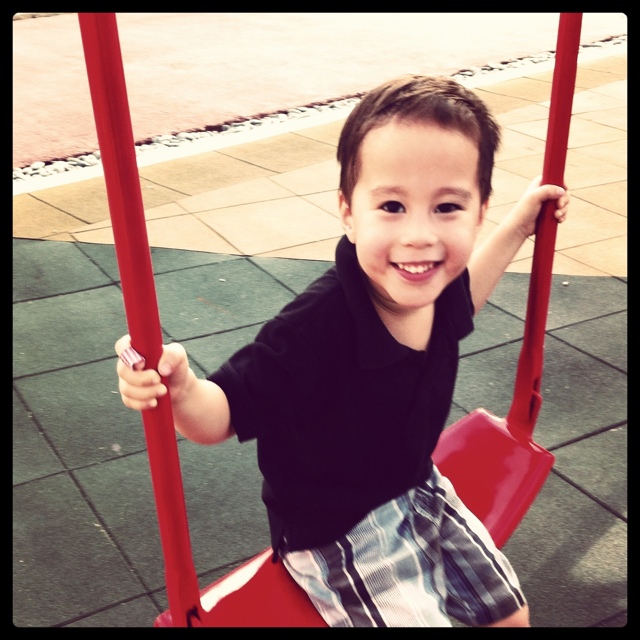Do you believe that your child has the innate capacity to learn? I certainly do. And I have taught my kids with this mindset. But I have also chosen to burden myself with the responsibility of tapping into that capacity.
In classrooms full of different types of learners it is a rare teacher who can cater to the needs of each child. But at home, with one on one instruction, it is much easier for a parent to adjust to the learning needs of her child. When instruction and learning are customized, then a child’s capacity is given the opportunity to shine.
For example, I have taught three boys to read. My eldest son is a nine year old who is a very advanced reader. My second son, a six year old, is becoming highly proficient at reading. And my third son started reading three letter word books before he turned four. (This was unexpected!)
I am sharing these things not to turn a spotlight onto our family and say, “hey, look at what we can do!” Please forgive me if it sounds like I am “tooting my own horn.” Reading, after all, just opens the doorway to learning. This is just the beginning of an exciting journey my children will be taking as they increase in knowledge, understanding, and wisdom. However, I do want to use their examples as proof that homeschooling works. It works because a customized education is what children really need.
If someone had asked me a while back if my third son, Titus, would have started getting the reading code by three years old, I would have said, “I don’t think so.” Honestly, I was skeptical only because he is a more physical child that needs to be engaged in different ways from his older brothers. I thought he would eventually read because I believed that he had the capacity to, but my plan was to take it slow with him and let him develop readiness in the area of reading. His brothers read before four, but my prediction for him was age five. Yet, he pleasantly surprised me one morning when he read a Hooked on Phonics book cover to cover and went on to read two more in the same week. It was then that I realized he was actually ready and able to commit to more formal instruction.
At first, I was using Sing, Spell, Read, and Write for all of them. But, after Titus learned most of the songs but still did not seem to get the blends, I knew that I had to change my approach with him. In my heart, I still believed that he was just as capable as his brothers but that his time table was just unique. And this was okay with me because I did not want to pressure him to be anything other than what God designed him to be.
So I created a system for him that involved five to seven minutes of phonics several times a week (not even everyday). And after a few months of doing this, it just clicked. I can’t even begin to express how delightful it was to see his confidence soar as he read through his first book. He was beaming. He was thrilled. I was cheering like a madwoman.
“God, you astound me!” This was the thought that came to me over and over again. “Once again you have shown me that homeschooling is really a testament to the ‘in spite of’.” I am not a professional teacher. I am not even a reading specialist. But God has consistently demonstrated that he is the one who enables me to teach my kids.
We have a long way to go. From this vantage point, the end of our homeschooling days is far off…not even visible on the horizon. But one thing I have learned about teaching my own children is that parents can be the exact teacher their child needs to bring out that God-given capacity in them to learn.
My simple philosophy for teaching my kids is this: All children are equipped to learn and they can develop a genuine love for learning, but a teacher must be willing to discover and investigate how a child learns best, welcome the adjustment it requires on her part, and look to the Lord for the supernatural creativity, insight, wisdom, and ability that this kind of inspired teaching requires. But children are also born with fallen natures, and a teacher must not lose sight of the goal of her instruction when she makes adjustments in her teaching. To adjust is not to let go of the training aspect. And the training aspect deals with the heart — that a child’s heart be conformed to Christ-likeness.
Maybe you will like this way of putting it…We can’t use cookie cutters on all children because they aren’t all made of the same dough. So don’t use a cookie-cutter approach to teaching them either. But you have to know what kind of cookies you are making. Cookies don’t bake themselves. Yet in the masterful hands of a baker who follows the right recipe, they have the potential to turn out wonderful! (I would say that’s as far as the analogy goes because we don’t eat our kids like we do cookies!)


